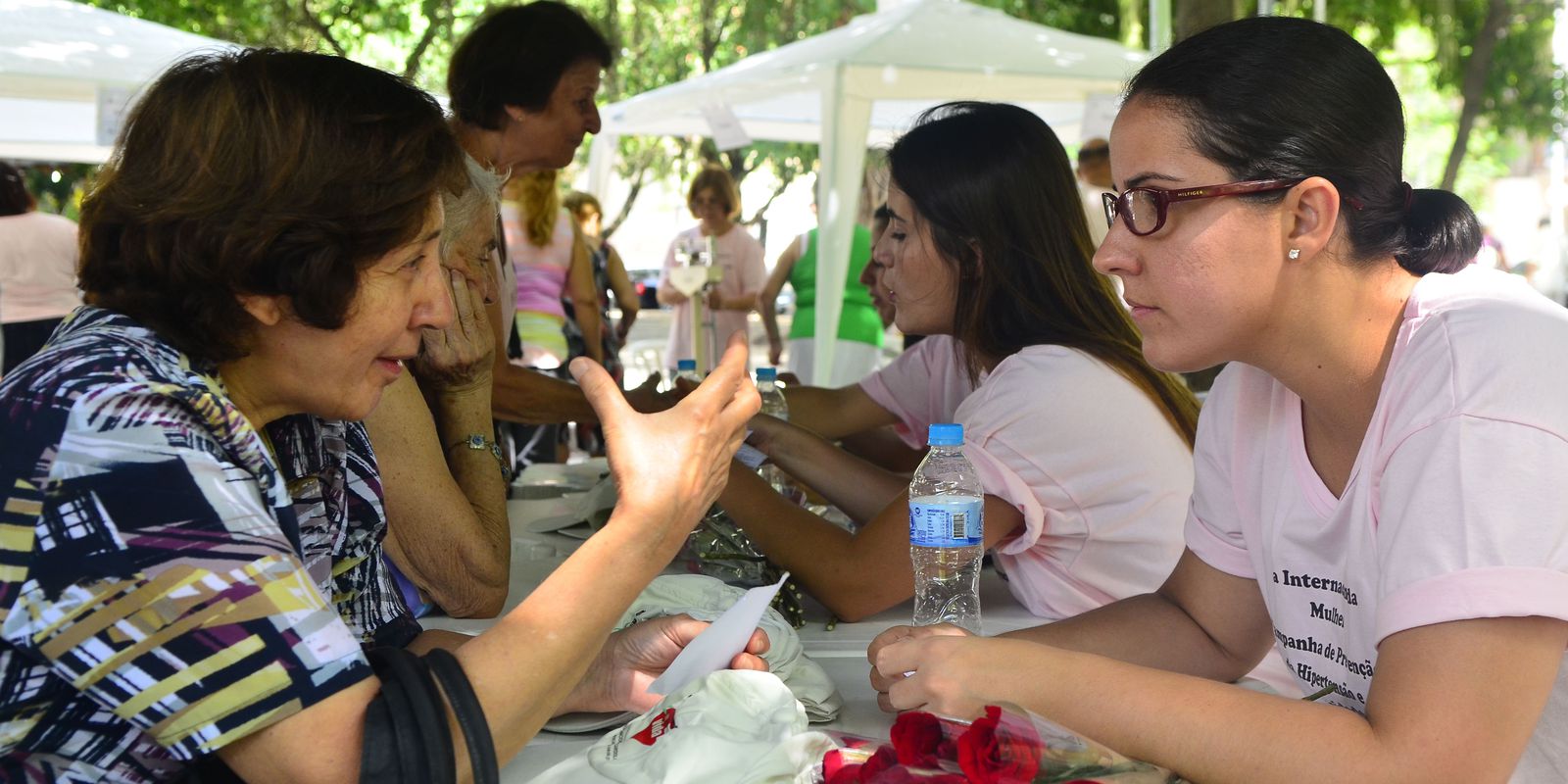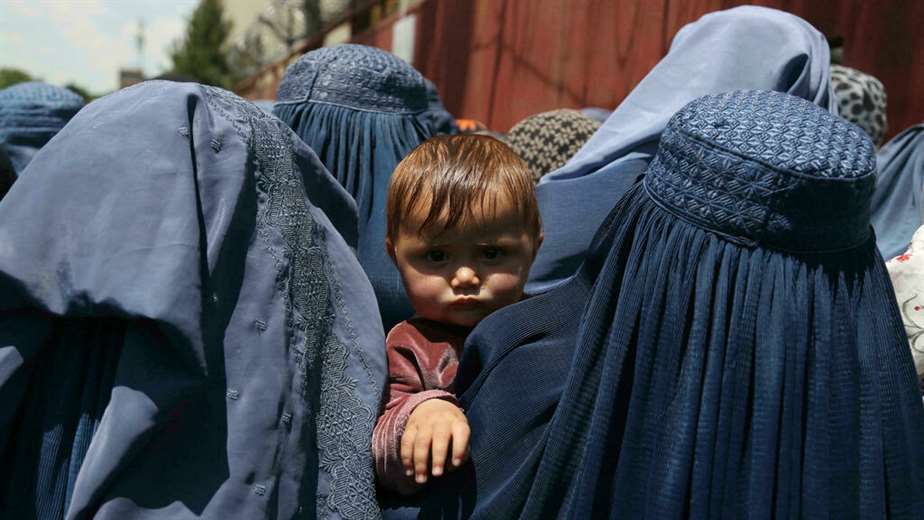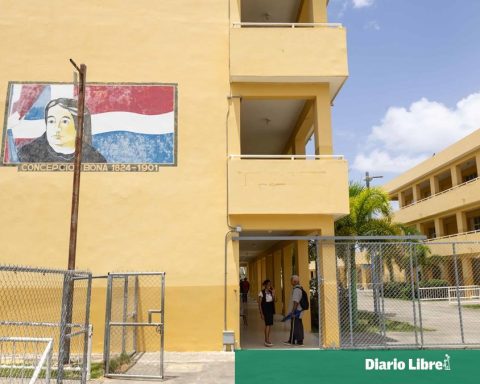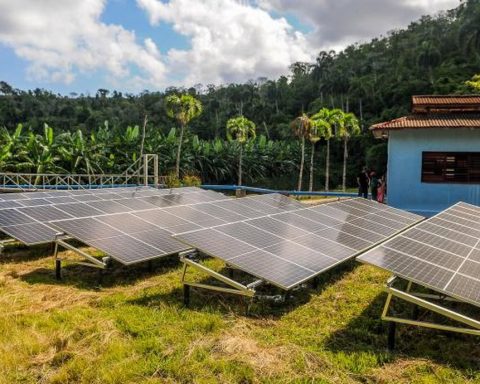No income, with overload in housework and more violence at home: this is the reality of many women in the context of the covid-19 pandemic. These situations have always been present, but have intensified since 2020. On International Women’s Day, celebrated today (8), the Brazil Agency spoke with women who work to fight inequalities and support their communities. 
“Human beings are dependent on this care work. It is fundamental for a society to function and this action is primarily the responsibility of women. This is something that society should recognize and rethink”, proposes Sônia Coelho, from the Semperiva Feminist Organization (SOF). She explains that the sustainability of life is in the hands of invisible and unpaid work done by women.
A SOF survey, carried out in 2020, showed that 50% of Brazilian women took care of someone during the pandemic. The percentage is higher among black women, reaching 52%. Among white women, the rate is 46%. “In addition to carrying the burden of caring work, they were impacted by loss of income, job loss, difficulty in accessing social protection programs,” says Maitê Gauto, Program and Incidence Manager at Oxfam Brazil.
According to the Inter-Union Department of Statistics and Economic Studies (Dieese), in a special bulletin for this date, in the third quarter of 2021 the female workforce was 46.3 million, 1.1 million less than in the same quarter. 2019, when it totaled 47.5 million. Data are from the Continuous National Household Sample Survey.
For Dieese, this means that workers who left the labor market during the pandemic had not yet returned last year. The number is higher due to race. The reduction among black women in the workforce was 925 thousand women in the period, while non-black women corresponded to 189 thousand.
“I did some conversations with women in communities, and when we discussed what most affected the pandemic, the issue of income was unanimous. Allied to this was the issue of hunger, which fundamentally affects women and children. It affects the entire population, but when you see it, who is responsible for having food in the pan? If the pot is empty, the children will ask their mother,” she says.
Support
This is a reality that the lawyer Letícia Lefevre knew up close. She is co-founder of the Children Special community, which brings together 3.5 million people on Facebook. “The majority are women – who are the ones who take care of them. Most are in extreme social vulnerability,” she says. During the pandemic, she was divided into caring for her own children, working as an executive secretary and advising the group’s families. “There they find reception, information, support.”
For nursing technician Anna Ferreira, working on the front lines of covid-19 brought additional challenges. “I work in a home care service. During the pandemic, a lot changed, there was no more routine visit. Many times we would go, but we already had to call Samu [Serviço de Atendimento Móvel de Urgência]”, remember. The fear of illness, the loss of colleagues, the days away from the family. “We were very concerned about not taking the virus home,” she says.
collective issue
Maitê Gauto recalls that, although many problems are in the domestic environment, the solutions are in public policies. “That women have minimally adequate conditions to work and seek their own personal development”. And public policies are part of a national and collective agreement that understands that it is a woman’s right to be able to go out to work, to have a place where she can leave her children in safety and in conditions of care”, she defends.
In this sense, Maitê highlights income transfer policies as fundamental. “We can never forget that those who are hungry are in a hurry. Hunger does not wait, so these policies are fundamental to guarantee minimum conditions of survival, dignity, for those families that are in a situation of greater vulnerability”. Sônia agrees that, among the priority measures to combat inequality in the post-pandemic context, is basic income.
Other policies are also remembered by them, given that gender prejudices generate demands on different levels for women. Among them are social protection, social assistance, early childhood education “which guarantee conditions for women to be able to live their lives, work, be outside the home and not just stay in this traditional role of care and, above all, being demanded by the two sides”, highlights Maitê.

















